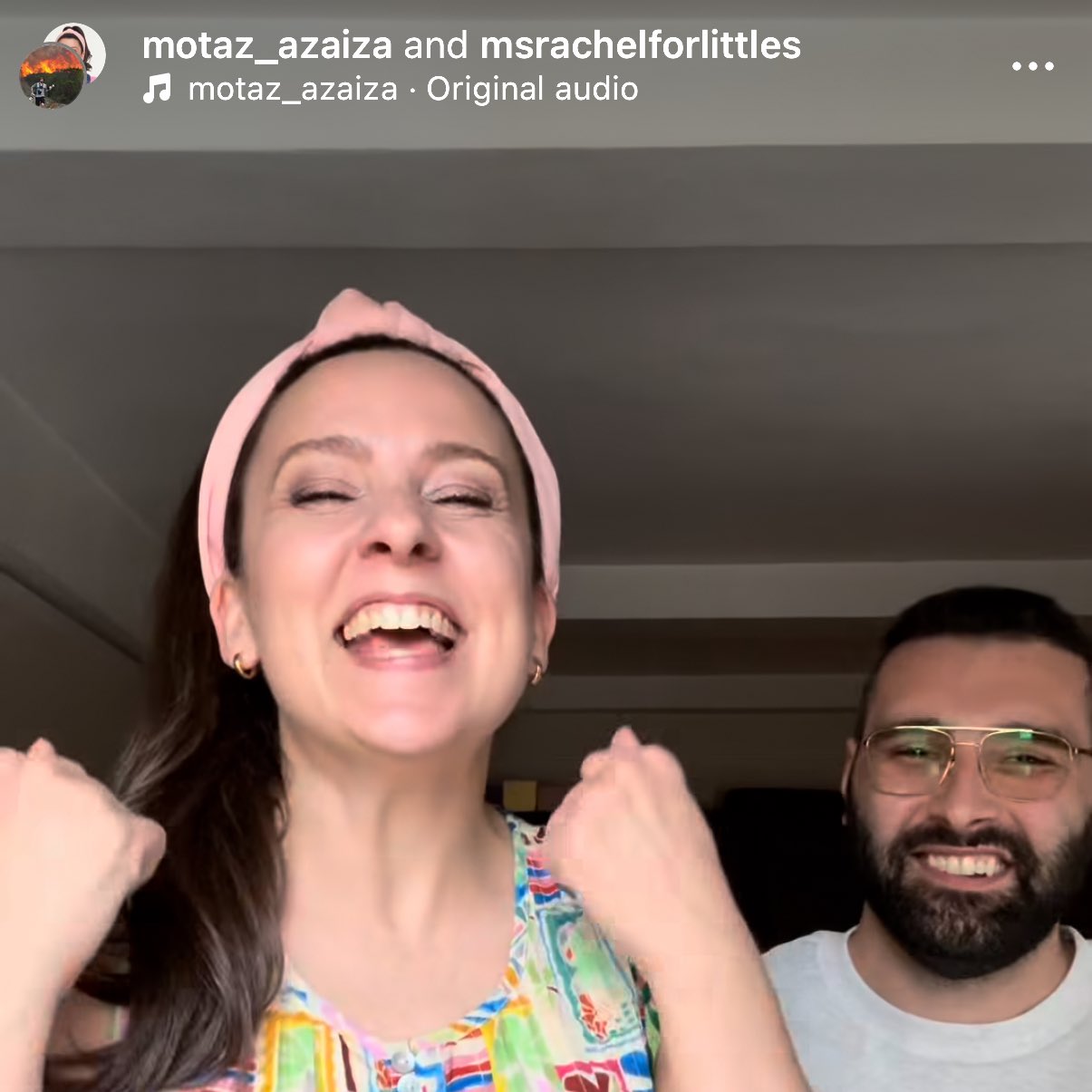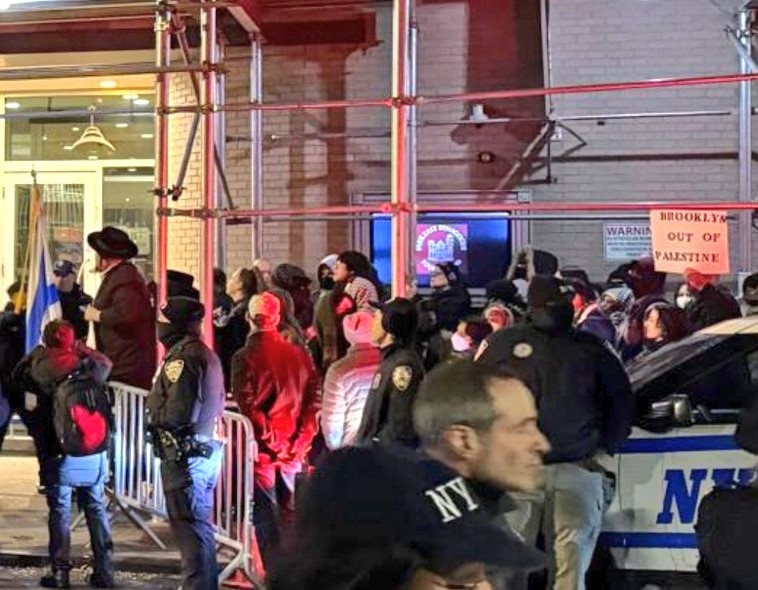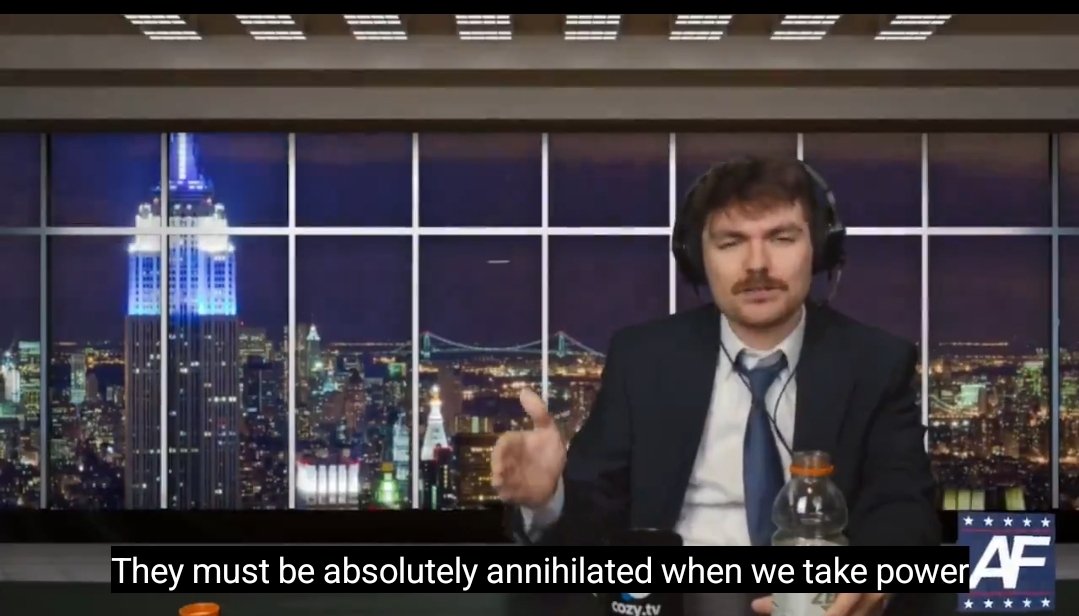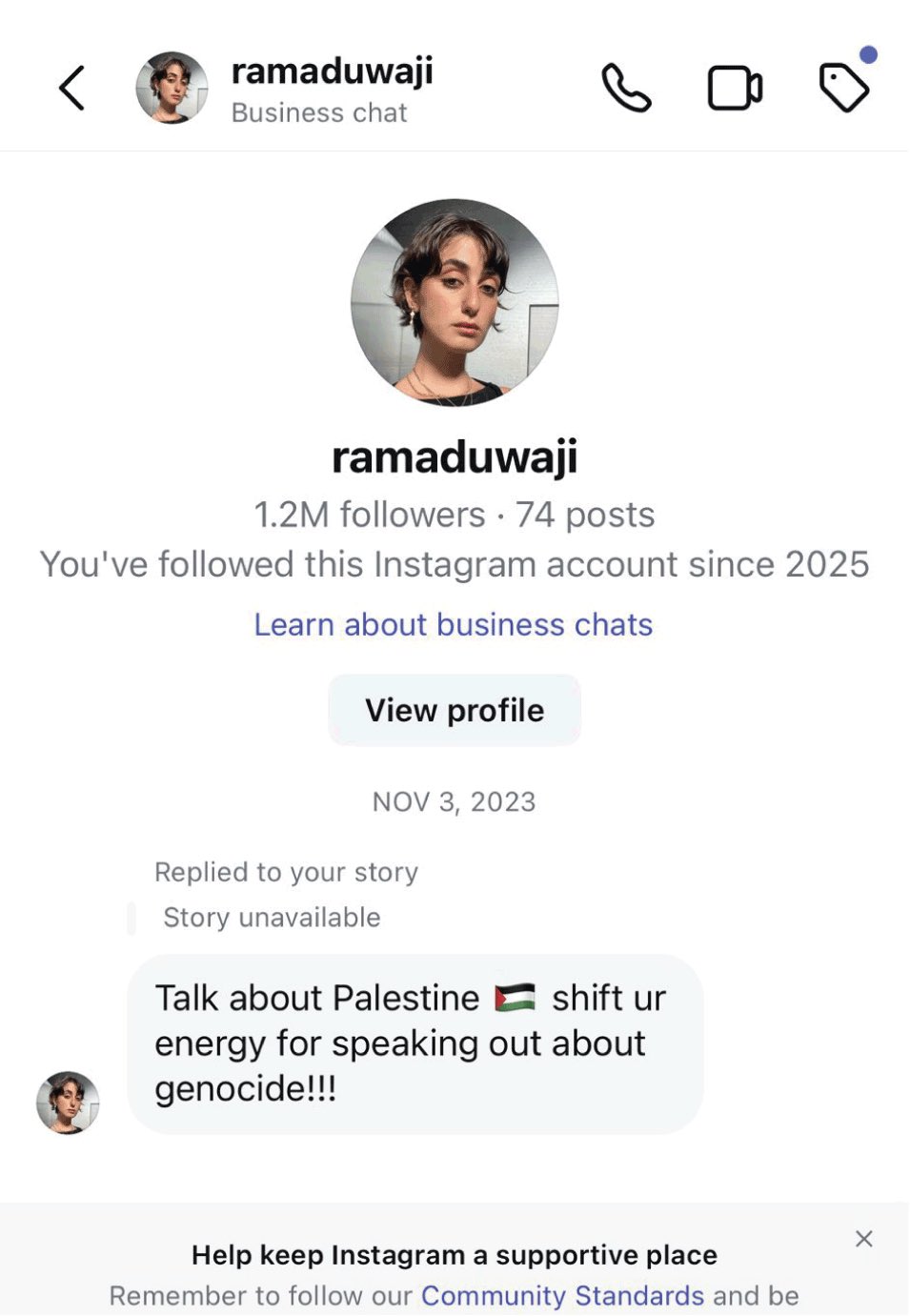By Danielle Arfin
Ms. Rachel built her career teaching toddlers to speak. Now, some Jewish advocacy groups argue she is teaching something far more concerning.
Rachel Griffin Accurso, better known as Ms. Rachel, is one of the most influential early childhood educators in the world. Her YouTube channel, Songs for Littles, has over 14 million subscribers and billions of views. For years, parents trusted her to provide safe, apolitical, and developmentally supportive content.
That changed in May 2024.
Using her platform, Ms. Rachel began posting about children in Gaza. She shared photos of injured Palestinian children, referenced casualty statistics supplied by Gaza’s Hamas-run health ministry, and urged followers to donate to humanitarian aid campaigns. At no point did her posts mention the Israeli hostages held by Hamas, nor the 1,200 Israeli civilians, including children, murdered on October 7.
Her messaging, advocacy groups argue, erased Jewish suffering entirely.
StopAntisemitism, a national watchdog organization, formally called for the U.S. Department of Justice to investigate whether Ms. Rachel’s content violated the Foreign Agents Registration Act (FARA). Their concern is not that Ms. Rachel is deliberately spreading propaganda, but that her messaging mirrors tactics often used by extremist groups to demonize Israel while obscuring Jewish victimhood.
While there is no public evidence that Ms. Rachel coordinated with any political entity, her selective focus raises questions about how easily anti-Israel narratives can reach mainstream, even children’s, audiences.
“We’re not accusing her of malice. But she amplified talking points that aid terrorist narratives,” said a spokesperson for StopAntisemitism. “Millions of families trust her. That makes this more dangerous, not less.”
The situation reflects a broader trend.
According to the Anti-Defamation League, 2024 marked the highest year on record for antisemitic incidents in the United States, with over 8,800 reports of harassment, vandalism, and assault. In schools, reports of antisemitic bullying have skyrocketed. Jewish students are facing taunts, threats, and isolation at rates not seen in decades.
Now, antisemitic narratives are reaching children before they even enter a classroom.
Advocates warn that content creators like Ms. Rachel, even unintentionally, can expose young audiences to one-sided messaging that conditions them to view Jewish suffering as less urgent or less valid.
Ms. Rachel has publicly denied any political agenda. She states her intention was purely humanitarian. But in today’s climate, advocacy that selectively highlights only Palestinian casualties while ignoring Israeli victims serves a political function, whether intended or not.
For Jewish parents, the controversy is a wake-up call.
“We trusted her to educate our toddlers. We did not expect her to erase our children from the narrative,” said one mother from New York, whose family unsubscribed from Songs for Littles following Ms. Rachel’s Gaza posts.
The question now facing parents and policymakers is no longer whether antisemitism can spread beyond protests and college campuses. It is how early it reaches, and who is delivering it.
In Ms. Rachel’s case, it arrived in songs, smiles, and pastel-colored compassion.
And millions of children were listening.








One Response
She is a anti semetic anti zionist anti israel supping lies pro hamas pro palastinian piece of crap and should not be tolerated in america